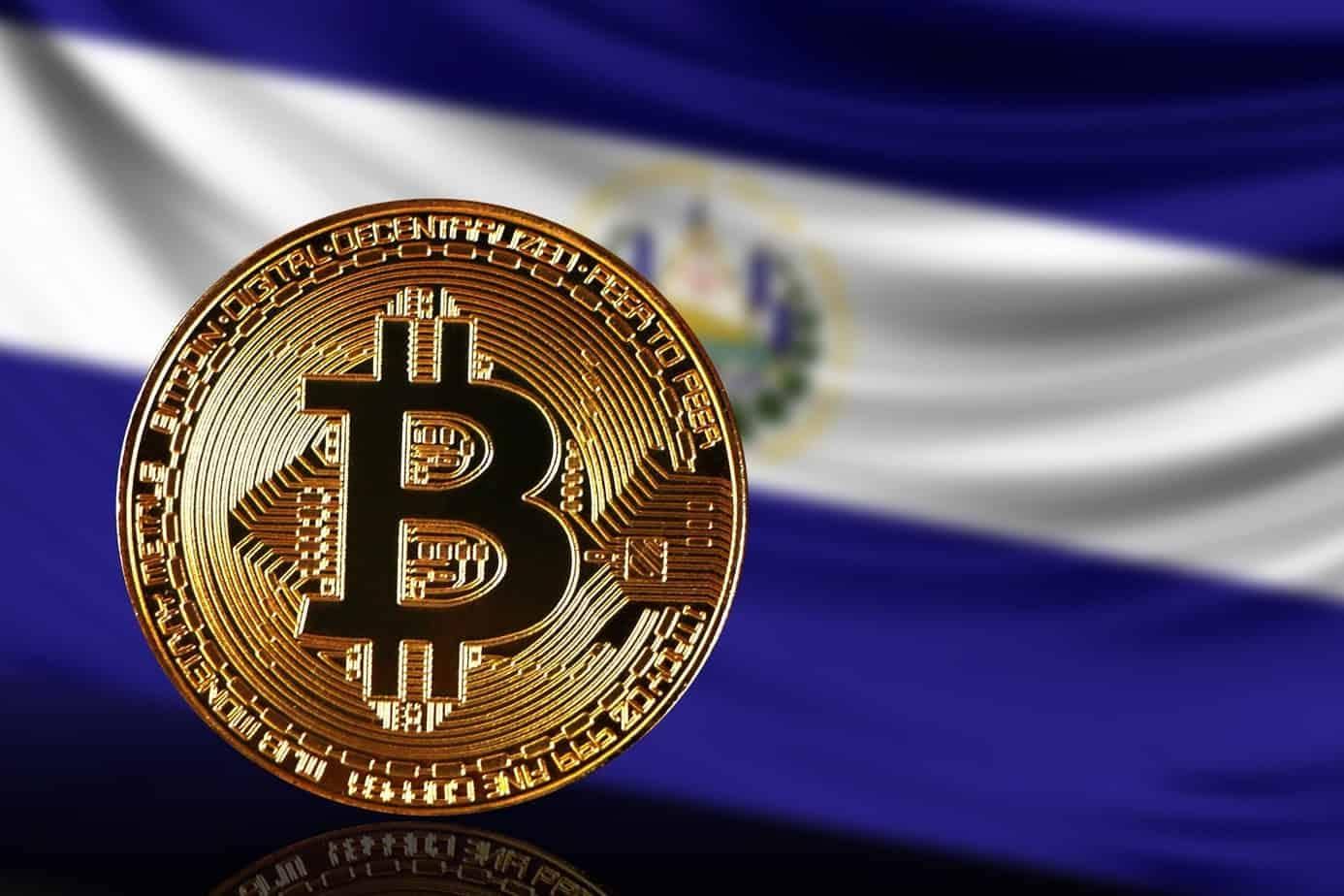2018-9-12 22:56 |
Smart contract platform OpenLaw aims to recreate traditional legal agreements on the blockchain. Earlier today, the startup posted online with an explanation of how it was bridging the fiat-crypto divide using decentralized oracle service Chainlink.
“OpenLaw has integrated Chainlink’s decentralized oracle service to denominate agreements in USD and settle them in ether, creating the first real-world link between traditional agreements and fiat currencies,” explains the blog post.
OpenLaw sees this as an important challenge for the crypto community to overcome:
“Blockchains struggle to interact with traditional fiat currencies,” writes OpenLaw. “Without the ability to obtain information about the real world outside a closed blockchain system, smart contracts are limited by the data available to them when they execute.”
That’s where oracles come in. Oracles can be added to a smart contract to integrate real-world data on the blockchain. A smart contract controlling a sports bet over a football game, for example, might use a football game oracle to check scores after the game is complete. The bet is paid based on the score reported by the oracle.
With that in mind, OpenLaw has integrated their system with Chainlink, a decentralized oracle service. Thanks to Chainlink, OpenLaw can bring “mainstream, real-world integrations” to its legally enforceable, automated, and blockchain-based smart contracts.
OpenLaw just released a demo highlighting how ChainLink works with the platform. The demo showcases how to integrate a legally binding smart contract platform with Chainlink’s oracle middleware service.
Why OpenLaw’s Integration with Oracle is So ImportantOpenLaw describes their oracle integration as “a game changer”. Why is OpenLaw’s integration with Chainlink’s oracle service so important?
Well, it’s hard to securely add real-world data to blockchain-based smart contracts. OpenLaw wants to recreate legal contracts on the blockchain, but it’s hard to ensure those legal contracts are secure if they don’t have access to real world data. That’s where Chainlink can help.
Thanks to Chainlink’s oracles, OpenLaw can create fully automated, common contractual relationships on the blockchain. Chainlink’s oracle service can integrate with online feeds, web APIs, traditional bank account payments, and other data sources. By integrating with these data sources, OpenLaw’s smart contracts can mimic real world contracts.
How OpenLaw Uses Oracles to Convert Ether Into Fiat CurrencyOne of the reasons OpenLaw’s integration with Chainlink is a big deal is because it allows the conversion of Ether into fiat currency. OpenLaw showcased this ability in a demo online.
In the demo, OpenLaw shows how smart contracts can be used to enforce a contract between an employer and an employee. The contract ensures that the employee is receiving an hourly wage in exchange for work.
The work agreement states that the employee is to be paid a certain amount of ETH per minute.
There’s a problem with this situation: as the price of ETH fluctuates, the value of the contract changes. If the value of ETH falls, for example, then the employee might be earning less than the minimum legal wage. If the value of ETH rises, then the employer might be paying too much for the employee’s labor.
To solve this problem, OpenLaw’s developers needed to find a way to connect the value of labor in ETH (as coded in the smart contract) to the value of a fiat currency like the US Dollar. The Ethereum blockchain, of course, does not natively store exchange rates. That’s where the integration with Chainlink’s oracle service comes into effect.
You can view the full demo of how OpenLaw bridged the divide between fiat and cryptocurrency in a YouTube video here. The developer walks you through how they encoded the exchange rate into the smart contract. Basically, the developers integrated Chainlink, changed the payments to hourly, and allowed the smart contract to accept a USD hourly rate instead of an amount of ETH per minute. When payment is made, the smart contract calls the Chainlink oracle to retrieve a conversion rate between USD and ETH.
The end result of the demo is a trustless agreement between an employee and an employer guaranteeing a certain amount of money for every minute worked. The employment contract is secured and paid by a smart contract on the Ethereum blockchain.
OpenLaw’s goal is to replicate common legal contracts on the blockchain. Thanks to their new integration with Chainlink, OpenLaw is opening a whole new world of opportunities for converting common legal contracts into smart contracts on the blockchain.
origin »Speed Mining Service (SMS) íà Currencies.ru
|
|
